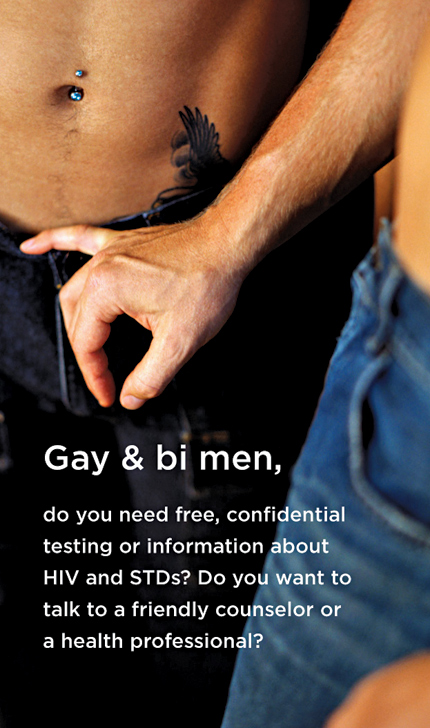 BOSTON – An exhaustive government survey of sexual assault and domestic violence recently released by the Center of Disease Control’s (CDC) affirmed that 1 in 4 men are victims of domestic violence in the United States and the problem is far more common than previously thought. On a national average, 28.5% of men will experience domestic violence in their lifetime compared to 35% of all women. The National Intimate Partner and Sexual Violence Survey (NISVS) is one of the CDC’s newest public health surveillance systems and it is designed to monitor the magnitude of intimate partner violence victimization in the United States.
BOSTON – An exhaustive government survey of sexual assault and domestic violence recently released by the Center of Disease Control’s (CDC) affirmed that 1 in 4 men are victims of domestic violence in the United States and the problem is far more common than previously thought. On a national average, 28.5% of men will experience domestic violence in their lifetime compared to 35% of all women. The National Intimate Partner and Sexual Violence Survey (NISVS) is one of the CDC’s newest public health surveillance systems and it is designed to monitor the magnitude of intimate partner violence victimization in the United States.
Historically, domestic violence research and support services have focused almost exclusively on female victimization of domestic violence. The scant research that was available to conduct substantive comparisons of domestic violence between genders supported the argument that women experience domestic violence at an overwhelming prevalence rate, such as an old US department of Justice Statistic citing that 95% of domestic violence victims are women. According to Curt Rogers, Director of the Gay Men’s Domestic Violence Project, a regional domestic violence organization in Southern New England has been working with male victims of domestic violence over 18 years, “the CDC has now released the most substantive and comprehensive study to date and it reveals the prevalence rate between genders is much closer to parity. Rogers continued “The bottom line is that regardless of the prevalence comparison, both men and women experience domestic violence and services and support should be equally accessible to both genders- which is currently not the case in Massachusetts and definitely not across the country”
Among men who experience domestic violence, 92% reported experiencing physical violence from a partner. Laura Palumbo, prevention campaign specialist at the National Sexual Violence Resource Center applauded the reports focus on male victims “ for a number of reasons in our society, it’s really difficult to believe this happens to men, it’s difficult for a man to be able to say this has happened to him because our culture doesn’t accept male vulnerability. Our culture really puts a lot of pressure on men to protect themselves”
The data highlights the consequences of violence affecting men’s health including depression, anxiety, low self-esteem and suicide attempts, but also conditions such as gastrointestinal disorders, substance abuse, or sexually transmitted diseases. The report states “survivors of intimate partner violence may be reluctant to report the behavior because of shame, embarrassment, fear of retribution or a belief that authorities may not support them and that victims need coordinated services to ensure healing and prevent a recurrence, including strengthening the response of the health care system” Rogers echoed that sentiment and added “Many male victims of domestic violence do not identify their abuse as domestic violence and therefore don’t reach out for help. Its critical that we believe the victim and hold perpetrators accountable regardless of gender”
Gay Men’s Domestic Violence Project is a southern New England organization that has been providing crisis intervention to victims and survivors of intimate partner abuse for 18 years. GMDVP works with anyone who is without services, regardless of sexual orientation or gender/gender identity. GMDVP has emergency safe-home housing, legal advocacy, and a 24 hour hotline, 800.832.1901.







